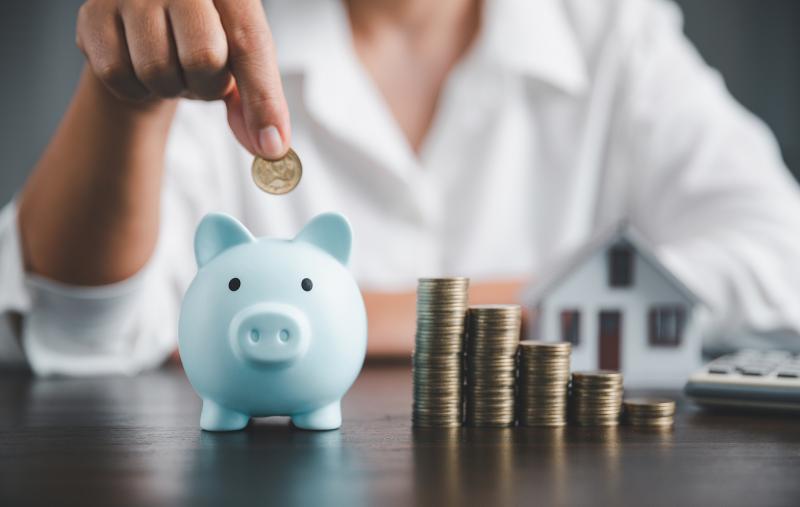
Financial uncertainty creates stress that spills over into virtually all
aspects of life: recreational opportunities, relationships, job performance,
mental health, and more. Simply feeling poor can even notably
lower your IQ score. If you’re struggling with challenging and unreliable
financial circumstances, know that there are ways to have a more stable
monetary situation. Use these five steps to help you achieve greater financial
stability.
1. Track Your Expenses
Understandably, financial stress causes people to avoid looking at their
money. They stop checking bank account balances, don’t track spending, and may
not go get the mail because of bills.
If this describes you, begin by tracking all of your expenses. Record every
payment, including automatic, online, card, check and cash payments. Make sure
to include all essential and non-essential expenses as well -- track
everything. Information is power, and you need to know where your money is
going.
2. Follow a Budget
If you don’t have a monthly budget in place, no single action will have a
greater impact on your financial situation. Although a budget might look scary
at first, it ultimately will give you a greater understanding of and control
over your money.
To create a budget, list all of your expected income and expected expenses.
You’ll likely have to prioritize expenses, especially making sure essentials
such as food, clothing, shelter, transportation (car), and utilities are
covered. Anything that’s not covered by income should be cut from the budget.
Actual income and actual expenses will vary from what you expected, and
perhaps dramatically so during your first month of budgeting. A budget isn’t to
dictate where your money goes, but rather to show you and help you think
through decisions. It’s all right to make changes as the month goes on, so long
as you think through the changes first.
3. Pay Bills on Time
Paying bills on time helps you avoid shutoff/cancellation notices, eliminate
late fees, and have a much more financially stable situation overall. If you’re
behind on payments, catching up so that you can make on-time payments should be
your first financial goal. You might even get a part-time job until payments
are caught up.
4. Eliminate High-Interest Unsecured Debt
High-interest unsecured debt primarily consists of credit card debt and
payday loans. These types of debt charge a lot of interest, and there’s no
collateral against them. They’re some of the biggest drags on people’s
finances.
If you have any credit card or payday loan debt, pay this off as quickly as
possible. After you’re able to pay all bills on time, any extra income that you
can spare should be directed toward these debts.
5. Build Credit With a Vehicle Purchase
You’ll ultimately have to improve your credit score for more financial
stability and opportunity, and one of the best ways to build your credit score
is with a vehicle loan. Purchasing a vehicle gives you greater freedom and
flexibility, and it’s an expense that should be prioritized (“transportation”
in step 2).
Purchasing a vehicle with a loan also allows you to rebuild your credit as
you make on-time payments. Additionally, a loan lets you get a vehicle without
too much initial expenditure. You should know what you can afford as a monthly
payment at this point, as you’ve already tracked expenses and budgeted.
If you’re struggling financially, dealerships that have buy-here pay-here
car lots can usually still help you get a car loan. They use the car as
collateral, thus making the loan secured and available regardless of credit.
Visit First Start Auto
If you’re north of Salt Lake City, come visit us at First Start Auto. We’re
one of the premier buy-here pay-here car lots in Ogden, Utah, and we have a
great selection of cars. We also have a finance team that’s worked with many
drivers who wanted greater financial stability. In other words, we have the
cars and expertise to help you.